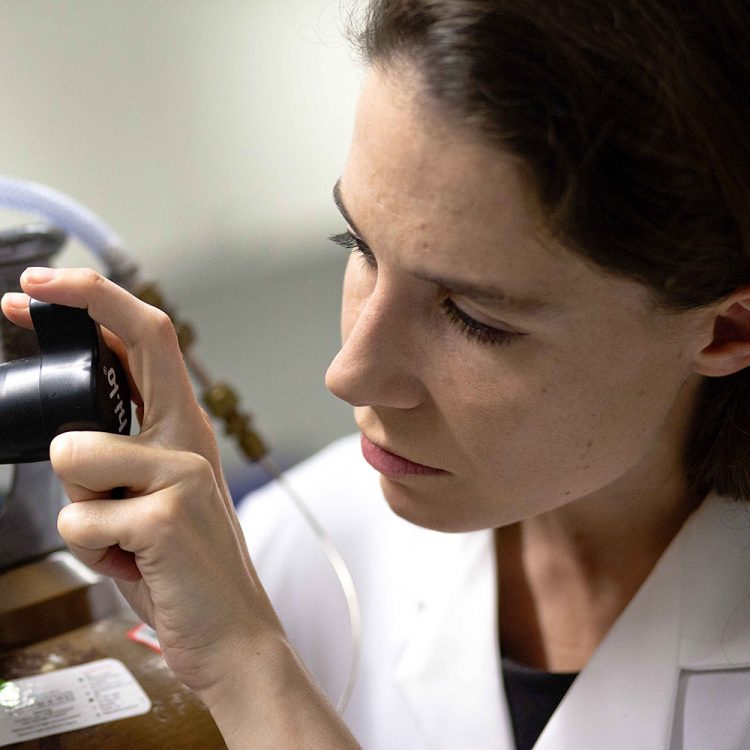Fellow develops ‘single shot’ malaria vaccine with Oxford team
3 Jul 2025

Oxford researchers, including Eleanor Stride, Professorial Fellow and Professor Engineering Science at St Edmund Hall, have developed programmable microcapsules to deliver vaccines in stages, potentially eliminating the need for booster shots and increasing immunisation coverage in hard-to-reach communities.
A team of scientists at the University of Oxford has developed an innovative vaccine delivery system that could allow a full course of immunisation – both initial and booster doses – to be delivered in just one injection. In preclinical trials, the technology provided strong protection against malaria, matching the efficacy of traditional multi-dose vaccination regimens.
A major challenge in global health is ensuring people return for all required vaccine doses. Missed boosters are one of the biggest barriers to achieving full immunisation, leaving millions vulnerable to preventable infectious diseases.
To tackle this, the Oxford team developed tiny biodegradable capsules that can be co-injected with the first vaccine dose and programmed to release the booster dose weeks or months later. In a mouse model, this “single shot” strategy using the R21 malaria vaccine protected against the disease nearly as effectively as the standard two-dose schedule.
The team is now working to adapt the manufacturing process in preparation for early-stage human trials, attracting interest from pharmaceutical partners and global health organisations.
Professor Stride said: “This has been an extremely exciting project and a great example of how bringing together Engineering and Medical Science can create solutions to global problems. We’re hugely looking forward to taking this to the next stage.”
Find out more about this latest research on Oxford University’s website or in the journal of Science Translational Medicine.
Wording has been taken from the original publication on Oxford University’s website.
Categories
Related News


Professor Claire Nichols receives MPLS Award for Outstanding Research Supervision
25 Feb 2025